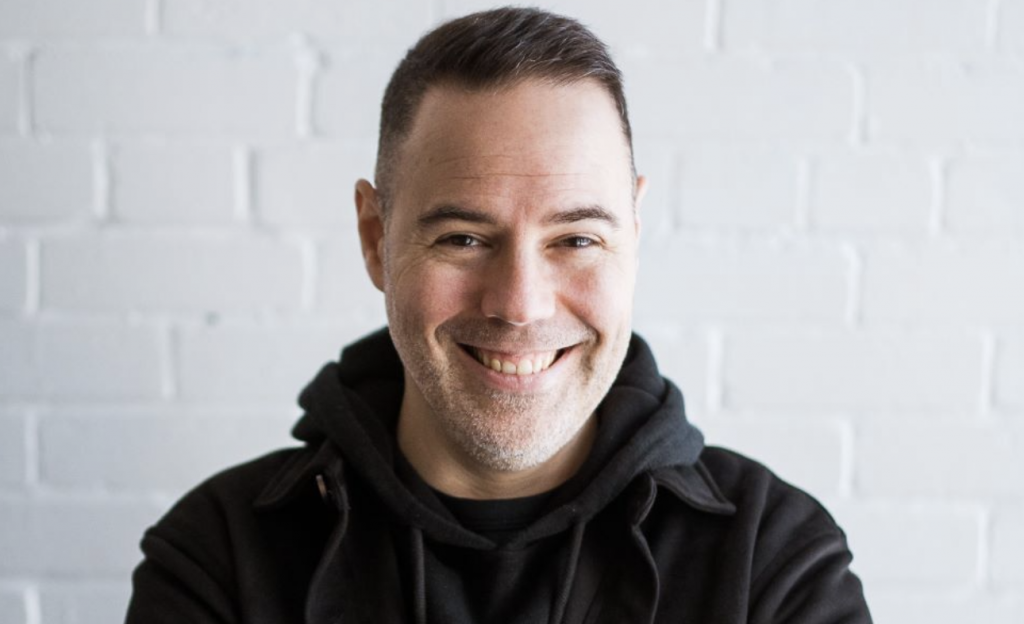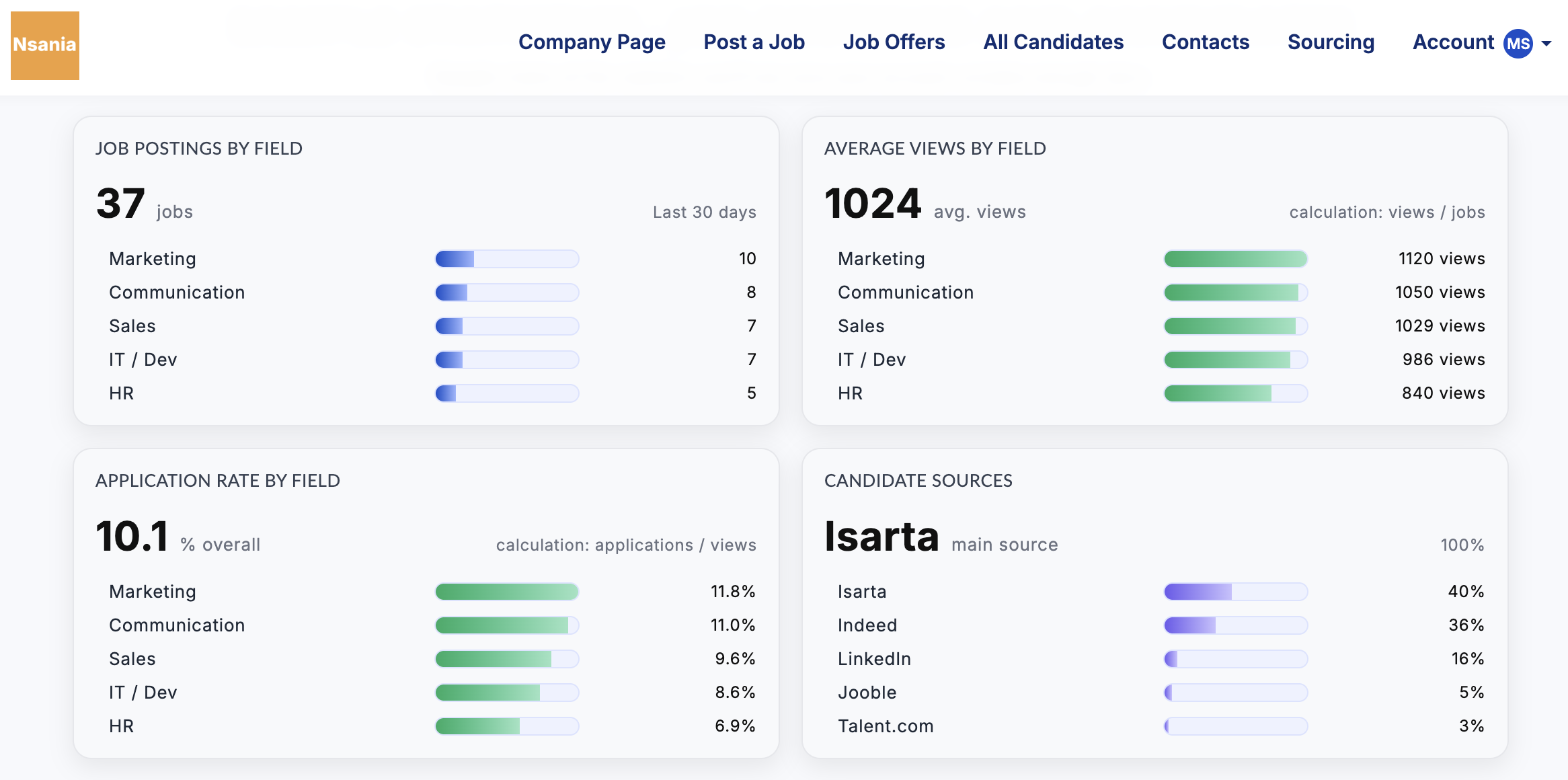During the 28th episode of The Social Show, the podcast about content creation, Francis Jette hosted Jean-Luc Sanscartier, an online marketing specialist who landed a job at Google largely thanks to his personal brand built on LinkedIn. Here’s a summary.
“Passion is far more viral than the quantity of posts.” In a LinkedIn post in May, Jean-Luc Sanscartier encouraged employees to engage in online influence, even at an irregular frequency.
This encouragement is especially important for employers:
“Most companies overlook one of the best ‘free’ sales and recruitment tactics: encouraging employees to talk about the products, jobs, and culture of their company on LinkedIn. (…) Even worse, many large companies have so many rules to limit the risks of information leaks or reputational damage that employees don’t even dare to write about what they’re passionate about or motivated by in their work. It’s absurd to restrict the best salespeople and recruiters in a company this way.”
For him, LinkedIn was the tool that allowed him to join Google. On The Social Show, the podcast about content creation hosted by trainer Francis Jette, the digital marketing expert elaborated on his point:
“What a loss of value for companies not to encourage their best ambassadors to write on social media. In terms of employer branding, it’s something that can’t be bought. Especially today, many people look up whether it’s fun to work at a particular place. (…) The fear that these employees will leave is a false reason: they will leave if they have to anyway, and recruiters will find them one way or another.”
Today, Jean-Luc Sanscartier continues to post three times a week on LinkedIn: two corporate posts and one personal post. It’s a clever mix of personal branding, sales, being a Google ambassador, and thought leadership. For the Mountain View firm, it’s an unconventional way to boost its brand image and products, like a form of internalized influencer marketing.
“Everyone knows Google, but not everyone knows that Google has an office in Montreal with 450 people. It remains a black box for many. My goal is also to make our solutions’ expertise accessible to SMEs and startups,” he explains on the podcast.
It’s a form of communication that moves away from press releases or traditional corporate messages, which are, let’s say it, colder.
“I have a conversational tone. I write how I would explain it to a group of people in front of me. I also bring a bit of humor,” continues Jean-Luc Sanscartier.
Awareness VS Conversion
To maintain his rhythm of three posts per week, he stays well-informed daily and methodically keeps a document in which he has listed about a hundred content ideas, categorized by theme (startup, finance, Google, personal). This structure helps him avoid the blank page syndrome.
His advice? Don’t chase reach at all costs. In a sales perspective, the most niche posts are often the ones that convert best (i.e., bring in prospects) because they target a more precise audience.
“Reach is one thing. But the right message to the right person is what brings good leads,” he summarizes.
He gives the example of a post about a job offer at Google. It was far from the one that got the most engagement… but that’s normal! Who will comment or name an acquaintance in a comment when they’re already employed? Nevertheless, it generated a lot of views. The key challenge is balancing content aimed at awareness with content with more specific conversion objectives.
The discussion naturally concludes with the contribution of generative artificial intelligence in his creative process. Jean-Luc Sanscartier uses Google’s Gemini (of course) primarily to summarize long studies like those from McKinsey or Harvard Business Review.
“I ask it for a summary, and if it interests me, I read it in full,” he illustrates.
However, he has tried having his posts reviewed by an AI to generate new ones… without success. It didn’t capture his tone well.
Despite this, the possibilities in this area are immense: identifying key success factors of articles, reporting positive or negative sentiment on posts that generate many comments, data analysis of videos…
“Today, a one-person communication team can do the work of 10 with generative AI!”
Find the full episode:




